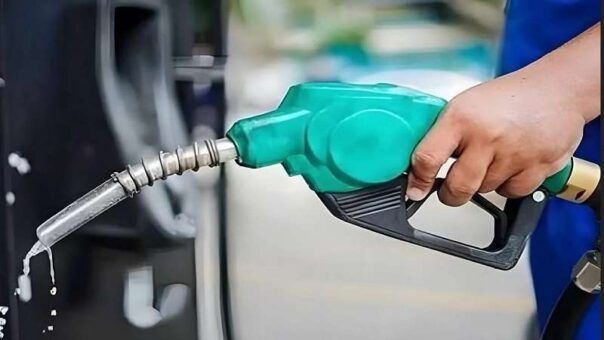As Pakistan gears up for the general elections on February 8, 2024, one of the most pressing questions on the minds of citizens is the price of petrol.
On February 7, 2024, the rate stands at Rs 272.89 per liter and will remain in effect until February 15, 2024, according to the finance division. The recent fuel price adjustment occurred on January 31, 2024, with a substantial increase announced by the government.
The Ministry of Finance disclosed that petrol saw a surge of Rs 13.55 per liter, reaching Rs 272.89, while high-speed diesel increased by Rs 2.75 per liter, settling at Rs 278.96 for the first half of February 2024. This decision, mere days before the elections, has ignited discussions and concerns among citizens, as the timing raises questions about its potential political implications.
The decision to raise fuel prices was made in accordance with the recommendations from the Oil and Gas Regulatory Authority (OGRA). The ministry justified the move by citing the necessity to align domestic prices with global market trends, particularly due to fluctuations in international oil markets during the fortnight starting from February 1, 2024.
Critics, however, question the timing of the decision, suspecting it to be a politically motivated move to generate additional revenue for the government. The opposition and concerned citizens argue that the fuel price hike will add to the already challenging economic conditions, impacting citizens who heavily rely on personal transportation and businesses dependent on the transportation of goods.
As the government faces criticism for the timing of the price adjustment, political analysts predict that opposition parties may seize this opportunity to sway public opinion against the ruling party. Economic relief and stability are likely to become key points in opposition campaigns, emphasizing the need for alternatives to the current economic challenges.
In response, the government maintains that the decision is crucial for fiscal responsibility and ensuring the country’s financial stability. They argue that the adjustment in petroleum prices is aligned with global oil market trends, emphasizing their commitment to effectively manage economic challenges.
As the new fuel prices take effect from February 1, 2024, the impact on the public remains uncertain. With economic concerns already playing a significant role in voter decision-making, the fuel price hike introduces an additional layer of complexity to the political landscape. The coming days will reveal whether this decision influences voter preferences and shapes the electoral outcome.
